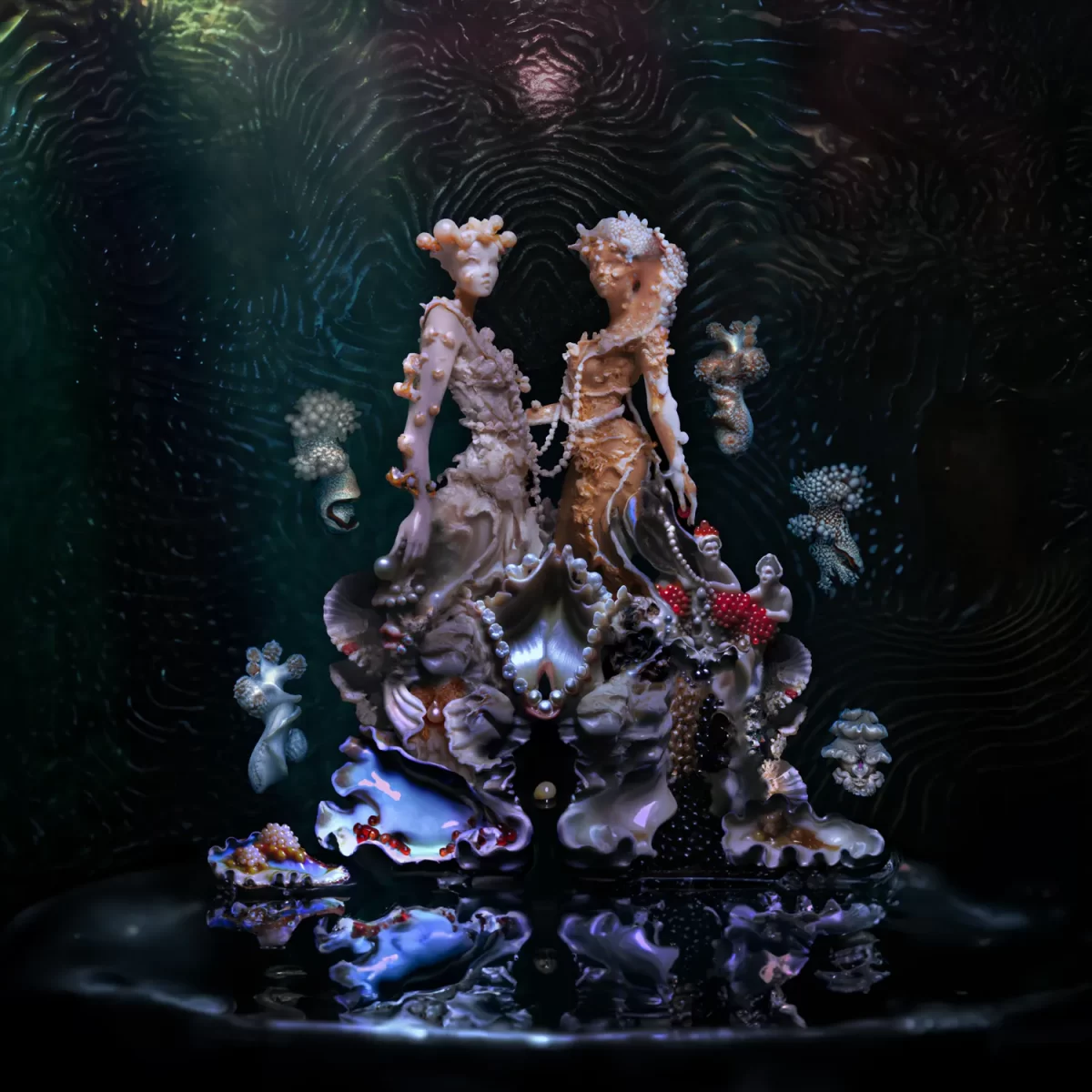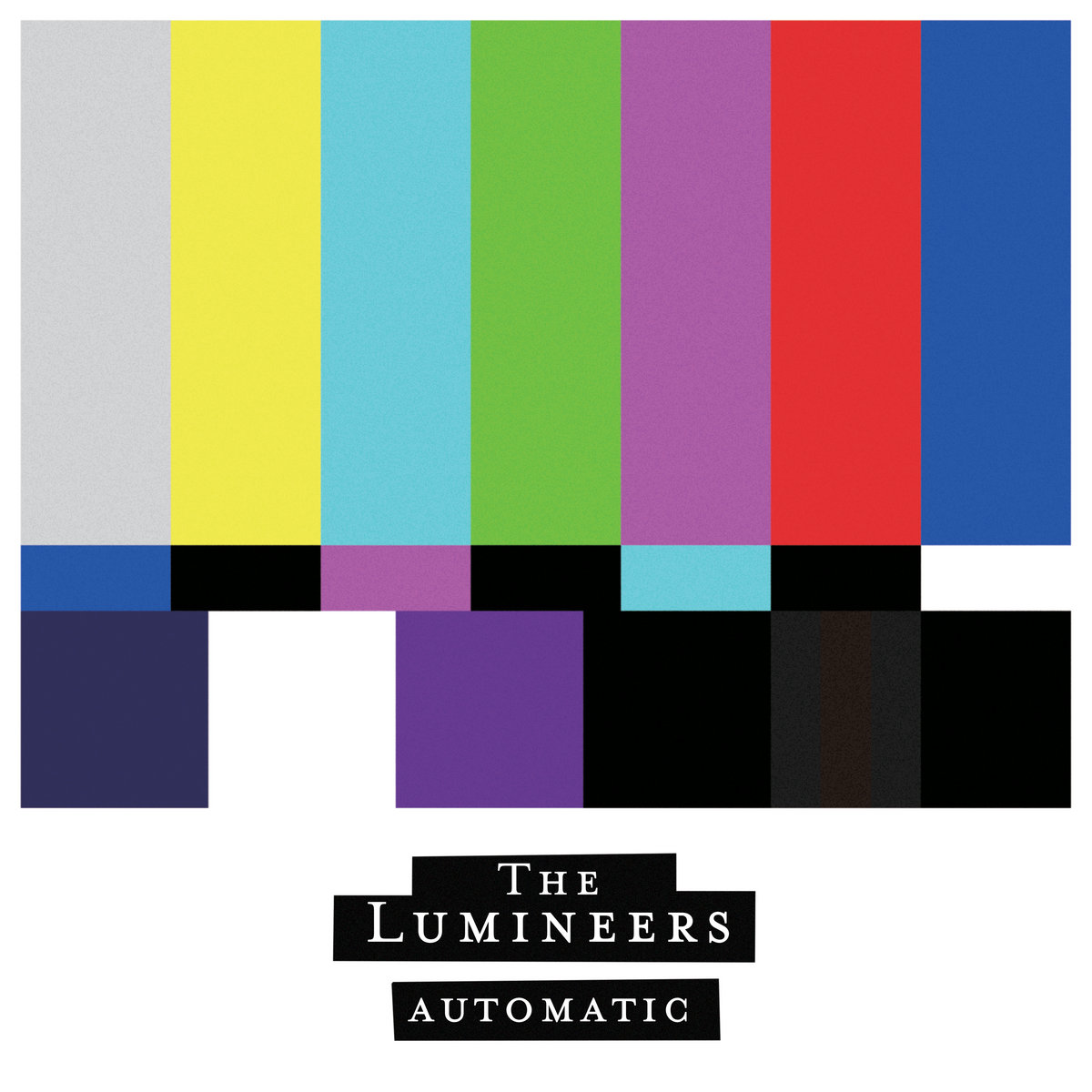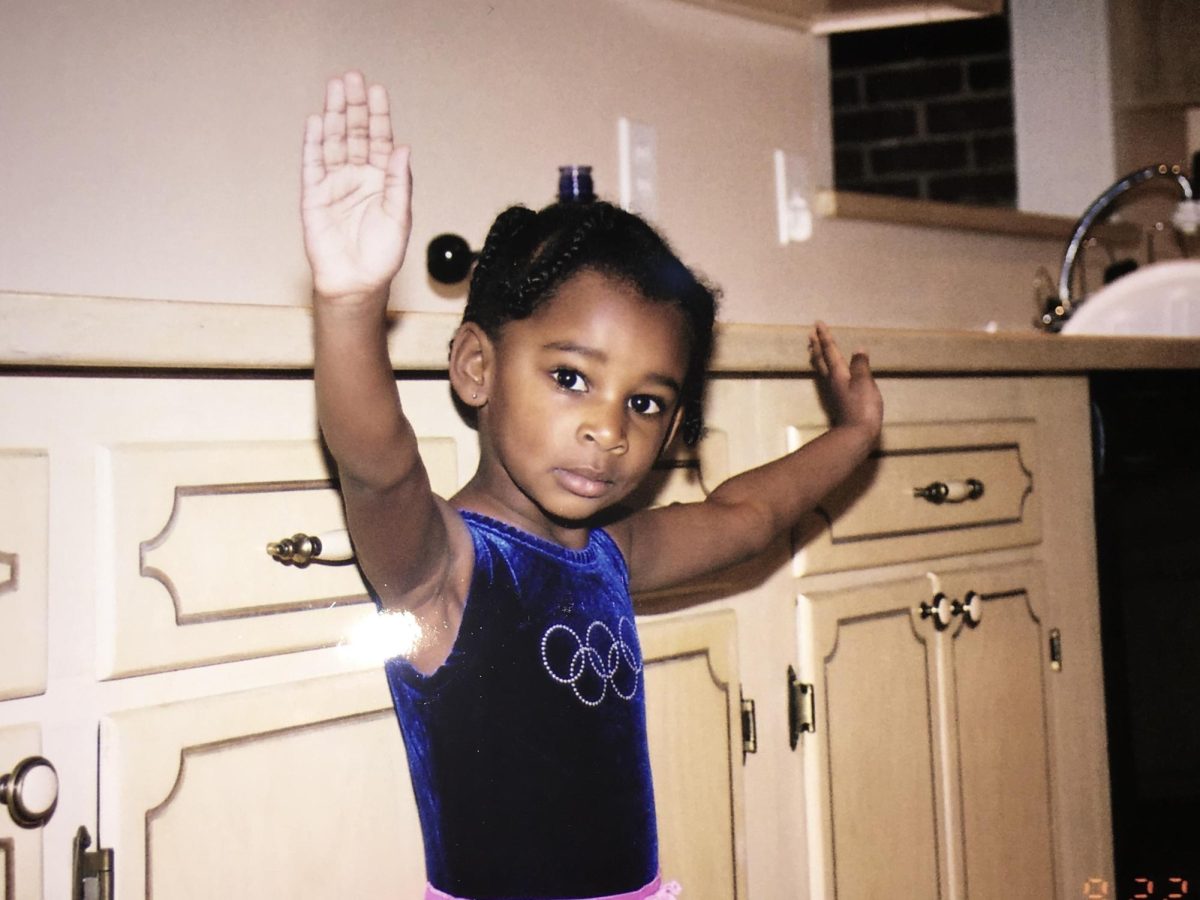Björk recently brought new life to “Oral,” a song that had been shelved for 25 years, with the help of Rosalía. It also holds a new purpose as a charity single. The artists are donating the song’s proceeds to efforts campaigning for the end of salmon farms in Seyðisfjörður, Iceland.
Fish farming disturbs ecosystems and has been a serious environmental problem across Iceland, but despite the gloomy circumstances, “Oral” is surprisingly whimsical and upbeat. Björk and Rosalía’s vocals sound angelic and are greatly complimented by the lush production. The song also has a slightly rhythmic dancehall influence which took me by surprise when considering Björk’s long history of atmospheric downtempo production.
The unusual genre combination gives the song a more distinct hook and is just another example of Björk continuing to push boundaries, but that is not to take credit away from Rosalía, who has achieved mainstream success with dancehall-influenced reggaetón.
The song’s lyrics suggest a romantic desire reminiscent of themes from Vespertine. Although “Oral” was written in a completely different century, I cannot help but connect its lyrics to its modern-day context. For instance, the opening line, “Your mouth floats above my bed at night” sounds sensual but also like a strange metaphor for a fish’s mouth floating on a fishing pole. I also think the chorus is the most emotionally affecting part of the song:
“Is that the right thing to do? /
Oh, I j-just don’t know /
I just don’t know.”
The singers’ hesitation halfway through makes the song feel so human, which perfectly connects to fish farming’s ethical implications, as people are conflicted with putting their needs before the environment’s. But “is that the right thing to do?”
To me, “Oral” is one of the year’s most memorable songs, showing the artistic beauty of multicultural and generational collaboration in the face of a societal problem.
















